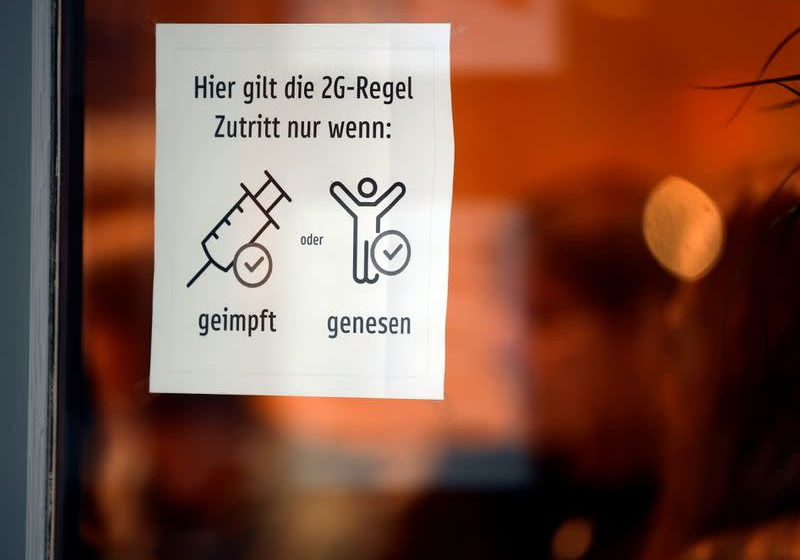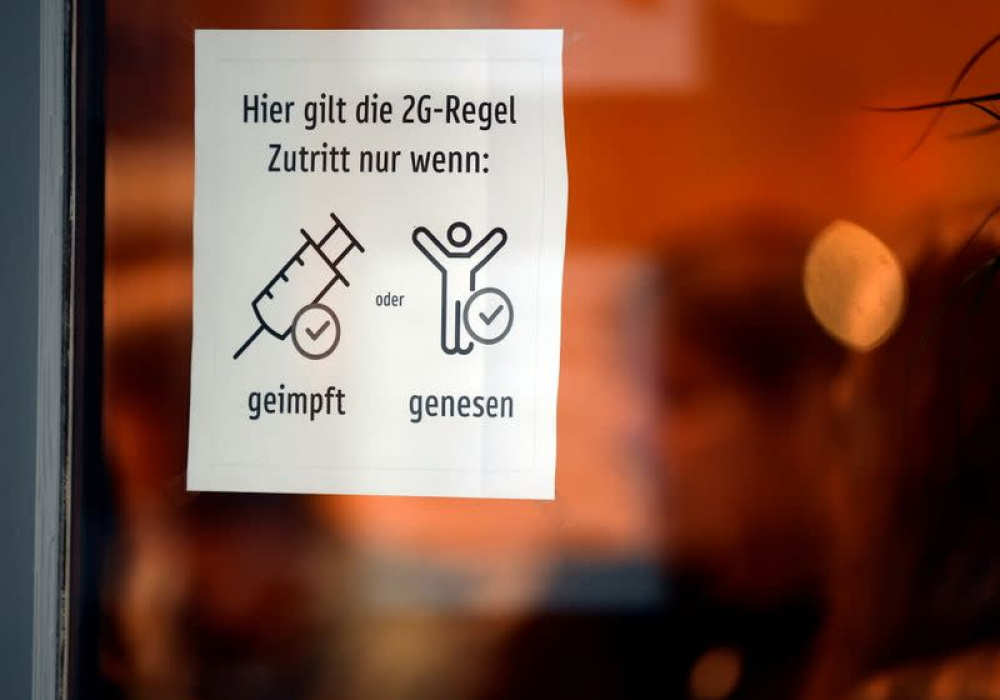By Nancy Lapid
(Reuters) – The following is a summary of some recent studies on COVID-19. They include research that warrants further study to corroborate the findings and that has yet to be certified by peer review.
Antibody protection from mild COVID-19 may not last
Nearly everyone who had a mild case of COVID-19 still has antibodies to the coronavirus a year later, but that might not protect them from new variants, a small study suggests. Among 43 Australians who dealt with mild COVID-19 early in the pandemic, 90% still had antibodies 12 months later. But only 51.2% had antibodies that showed “neutralizing activity” against the original version of the virus and only 44.2% had antibodies that could neutralize the early Alpha variant, the research team at the University of Adelaide reported on Thursday on medRxiv https://bit.ly/3oGL2k1 ahead of peer review. Neutralizing antibodies against the now dominant and highly transmissible Delta variant were seen in only 16.2%, with 11.6% against Gamma, and against Beta in only 4.6%. Those who had mild COVID-19 “are vulnerable to infection with circulating and newly emerging SARS-CoV-2 variants 12 months after recovery,” the researchers said. The findings “reinforce the potential benefit” of tailoring vaccine boosters to currently circulating variants, similar to how annual flu vaccines are tailored to current influenza strains, they said.
100 million have or had long COVID, study estimates
More than 40% of COVID-19 survivors worldwide have had lingering after-effects of the illness, researchers from the University of Michigan estimate, based on their review of 40 earlier studies from 17 countries that looked at patients’ experiences with so-called long COVID, defined as new or persistent symptoms at four or more weeks after infection. The prevalence rises to 57% among survivors who required hospitalization, the researchers reported on Tuesday on medRxiv https://bit.ly/3FmiuTu ahead of peer review. The rate was 49% among female survivors and 37% among males, they said. The estimated long COVID rate was 49% in Asia, 44% in Europe and 30% in North America. Among the most common problems, fatigue was estimated to affect 23%, while shortness of breath, joint pain and memory problems each affected 13%. The study likely did not capture all cases of long COVID, the researchers say. “Based on a WHO (World Health Organization) estimate of 237 million worldwide COVID-19 infections, this global pooled … estimate indicates that around 100 million individuals currently experience or have previously experienced long-term health-related consequences of COVID-19.” These health effects, they warn, “can exert marked stress on the healthcare system.”
Virus’ effect on blood-thinning molecules causes clots
Dangerous blood clots often seen in patients with COVID-19 happen at least in part because the spike on the virus attaches itself to molecules in the blood that play key roles in preventing clotting, thereby inactivating them, new research shows. With the virus bound to them, “these molecules (heparan sulfate/heparin) can’t do their usual anticoagulant activities,” explained Jingyu Yan of the Dalian Institute of Chemical Physics in China. Blood clots associated with COVID-19 often damage the lungs and other organs and can cause heart attacks and strokes. The excessive clotting has been attributed to the high levels of inflammation caused by the SARS-CoV-2 infection. It has not been clear until now that the virus itself also has a direct effect, Yan’s team reported in the International Journal of Biological Macromolecules https://www.sciencedirect.com/science/article/pii/S0141813021022704. Fortunately, they point out, the now common practice of giving COVID-19 patients blood-thinning drugs can “significantly reduce” the clotting caused by the virus.
Click for a Reuters graphic https://tmsnrt.rs/3c7R3Bl on vaccines in development.
(Reporting by Nancy Lapid; Editing by Bill Berkrot)










